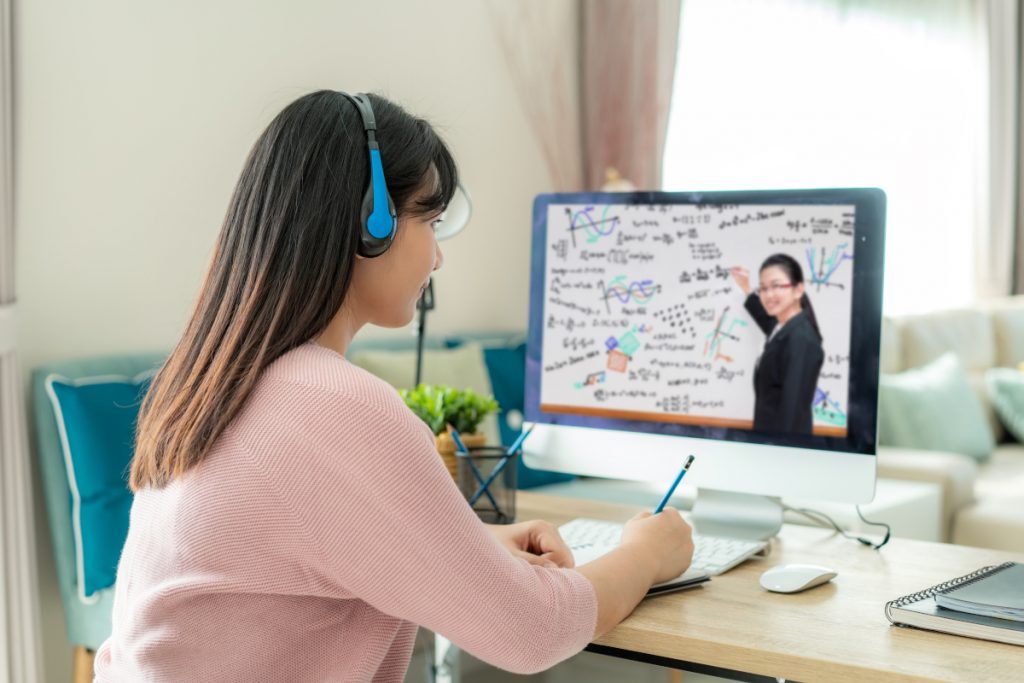CDJ Insights
Uncovering the latest trends and insights in music and technology.
Classroom of Tomorrow: Are Traditional Schools Ready for AI?
Discover if traditional schools can adapt to the AI revolution! Uncover insights on the Classroom of Tomorrow and the future of education.
How AI is Transforming the Traditional Classroom Experience
Artificial Intelligence (AI) is revolutionizing the traditional classroom experience by enhancing personalized learning and automating administrative tasks. Educators can now leverage AI-driven tools to tailor lessons to cater to each student's unique learning pace and style. For instance, platforms like Knewton utilize algorithms to assess student performance and provide customized resources, ensuring that no learner is left behind. This not only empowers teachers to focus on more impactful interactions but also makes learning more engaging for students.
Furthermore, AI facilitates a more interactive and immersive classroom environment. Tools such as intelligent tutoring systems and virtual reality experiences allow students to explore complex concepts in a hands-on manner. According to a report by EdTech Magazine, schools are increasingly adopting AI solutions that enhance collaboration, streamline grading, and provide real-time feedback to students. As this technology continues to evolve, it promises to further bridge the gap between educators and learners, ultimately transforming education into a more dynamic and accessible experience.

Are Educators Prepared to Integrate AI into Curriculum?
The rapid advancement of artificial intelligence (AI) technologies presents both challenges and opportunities for educators worldwide. As the integration of AI into the curriculum becomes increasingly essential, it raises the question: Are educators prepared to embrace these changes? A recent survey indicated that while many teachers recognize the benefits of AI in enhancing individualized learning experiences, a significant portion lack the necessary training and resources to implement it effectively. According to a report by Education Week, 65% of educators feel unprepared to use AI tools in their teaching, highlighting a pressing need for professional development in this crucial area.
Moreover, successful integration of AI in the curriculum requires not only technological proficiency but also a shift in pedagogical approaches. Educators need to develop an understanding of how to leverage AI to foster critical thinking and creativity among students. As outlined in the EdTech Magazine, effective strategies include collaborative projects that utilize AI toolsets, promoting an engaging and dynamic classroom environment. Ultimately, providing educators with the right tools and training will be vital in ensuring that the next generation is well-equipped to navigate an AI-enhanced world.
The Future of Learning: Will AI Replace Traditional Teaching Methods?
The future of learning is being reshaped by advancements in technology, particularly artificial intelligence (AI). Traditional teaching methods, characterized by face-to-face interactions and standardized curricula, are increasingly being complemented—if not challenged—by AI-driven solutions. These innovations include personalized learning experiences, where algorithms analyze student performance and adapt content accordingly, thereby catering to individual learning styles. For an in-depth look at AI's impact on education, refer to this article from Forbes.
However, the question remains: will AI fully replace traditional teaching methods? While AI can offer sophisticated analytics and personalized feedback, the human touch in education—empathy, motivational support, and moral guidance—is irreplaceable. According to a study published by Edutopia, effective learning still greatly relies on human interaction. For the foreseeable future, a hybrid approach combining traditional teaching and AI-driven tools may be the most effective way to enhance educational outcomes.